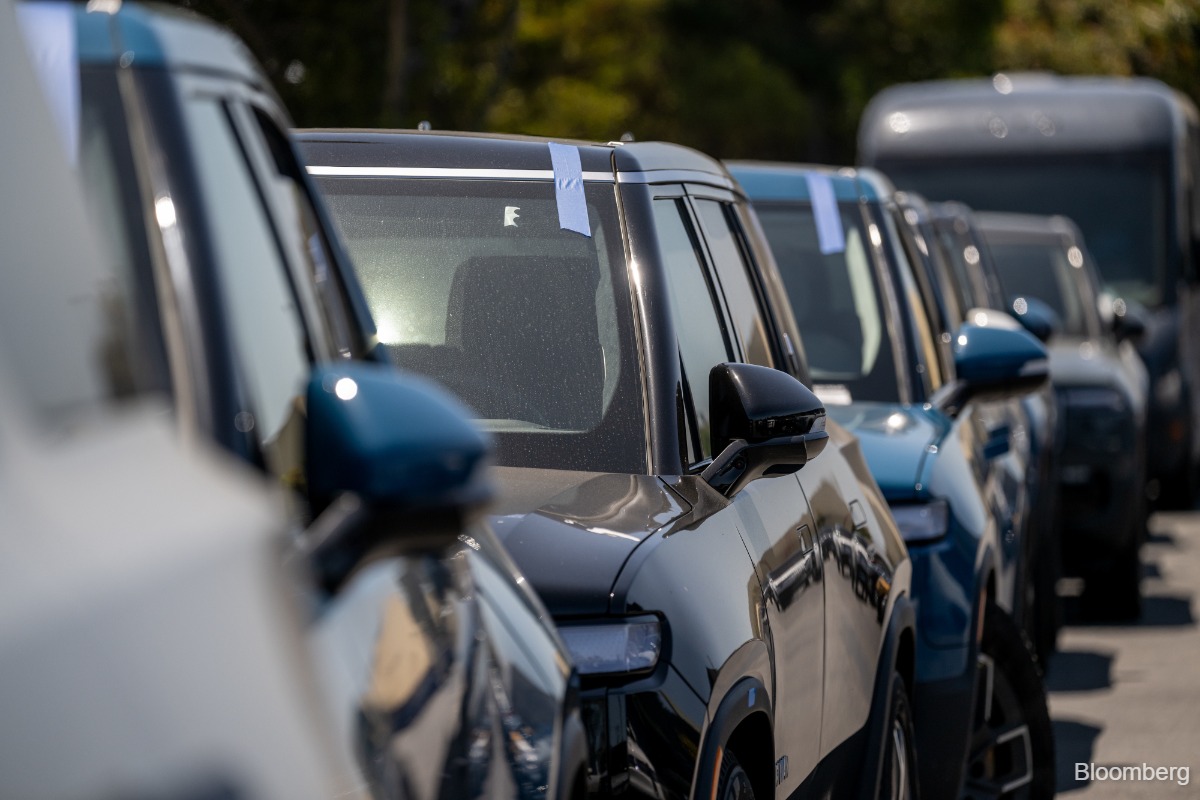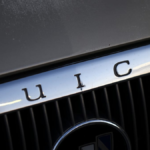(Oct 14): The average price of a new car in America topped US$50,000 (RM211,325) for the first time last month, driven by a surge in sales of expensive electric vehicles and luxury models.
US car buyers paid an average of US$50,080 for a new car in September, up 3.6% from a year ago, according to research released Monday by the Kelley Blue Book car buying guide. Record EV sales, driven by the expiration of a US$7,500 federal tax credit, propelled prices into uncharted territory, further exacerbating an automotive affordability crisis.
“The US$20,000 vehicle is now mostly extinct and many price-conscious buyers are sidelined or cruising in the used-vehicle market,” Erin Keating, executive analyst with KBB parent Cox Automotive, said in a statement. “Today’s auto market is being driven by wealthier households.”
New car prices are up more than 25% from five years ago, as Americans increasingly snap up pricey trucks and sport-utility vehicles while spurning budget models that once represented the on-ramp for young, new car buyers. Those consumers are now turning to used cars or just holding on to their clunkers longer, as the average age of cars on the road now tops a dozen years, according to researcher S&P Global.
Those who do buy new cars are stretching the length of their loans to seven years or more, with the average monthly car payment being US$754 in the third quarter, according to researcher Edmunds.com. One in five new car buyers now pays over US$1,000 a month on their auto loan.
An EV buying binge, as consumers looked to qualify for the federal tax credit, drove up prices in September. That sales frenzy pushed battery-powered models to a record 12% of the US market. Electric models sold for an average of US$58,124 last month, according to Kelley Blue Book.
Luxury cars also flew off lots in September. More than 60 models with average prices north of US$75,000 accounted for 7.4% of the total new car market last month, up from 6% a year earlier, Kelley Blue Book said.
The inflationary effects of US President Donald Trump’s tariffs haven’t yet been fully felt as automakers absorb much of the higher costs. Analysts say that eventually automakers will have to pass along the cost of those levies to protect their profits.
“Tariffs have introduced new cost pressure to the business,” Keating said. “But the pricing story in September was mostly driven by a healthy mix of EVs and higher-end vehicles.”
Uploaded by Arion Yeow
Copyright © 1999-2025 The Edge Communications Sdn. Bhd. 199301012242 (266980-X). All rights reserved












